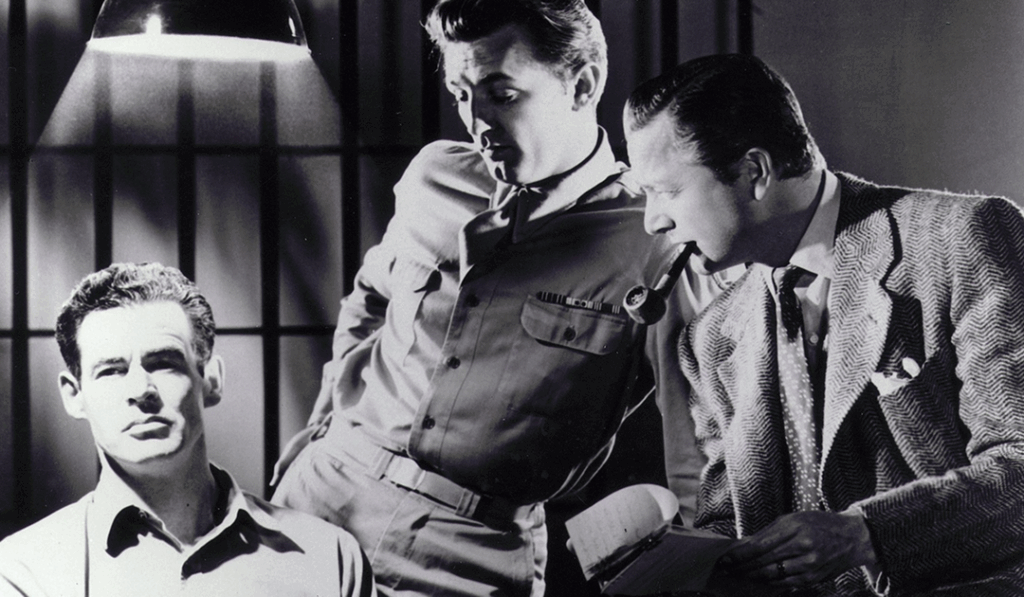“We decided to go with another vendor.”
Ouch! Those dreaded words. To a sales executive they are like a punch in the gut. After all the time and hard work on a proposal, you suddenly feel like the other guy at the end of the romantic comedy that the girl didn’t choose: “But you said you loved me! What did I do wrong?”
A good sales executive should know well in advance the chances of winning. If the likelihood of being selected is less than 50%, you shouldn’t be surprised when you lose. You were always going to lose!
And why you lose is not the inverse of why you win. In other words, if you did the opposite of everything you did on that path to failure, it doesn’t mean you would have been on a path to success. The reason why is simple: There was never a real chance to win. So different decisions would have changed nothing. Bidding on work that could be decided by a coin toss is a waste of company resources. That money and effort should have been spent on a deal you can win.
This is what makes rigorous deal qualification so important. Assess where you stand on:
- Relationships
- Trust
- Prior performance/reputation
- Competition
Those are the Big Four. Note that price is not on that list. Less disciplined sales leads often blame price for their failure to win. The truth is if you’re weak on one of the Big Four, your chances of being chosen are much lower even if you have the lowest price. Who would buy from a company with the lowest price if it had a poor reputation for performance? Bad work doesn’t get better because it’s cheap.
What can we do differently? Here are a few starters:
- Qualify with the help of an objective executive who will question your hype.
- Set expectations. If you’re going after a deal that’s a long shot, tell leadership, “This is a long shot.” Take the pressure off yourself. (And if you’re up against an incumbent, it’s always a long shot.)
- Be realistic. If your company had a major failure with this client, even though the CIO is saying “that’s all in the past,” you’re a stalking horse. The client will keep you bidding to the end to drive down price.
Finally, keep asking yourself “why?” Given all of the circumstance surrounding the proposal process, why would the client pick you? If you can’t think of a truly compelling reason, pack your bags and find a better deal to chase. You don’t want to end up all teary and heartbroken, like the losing guy in the rom/com.



